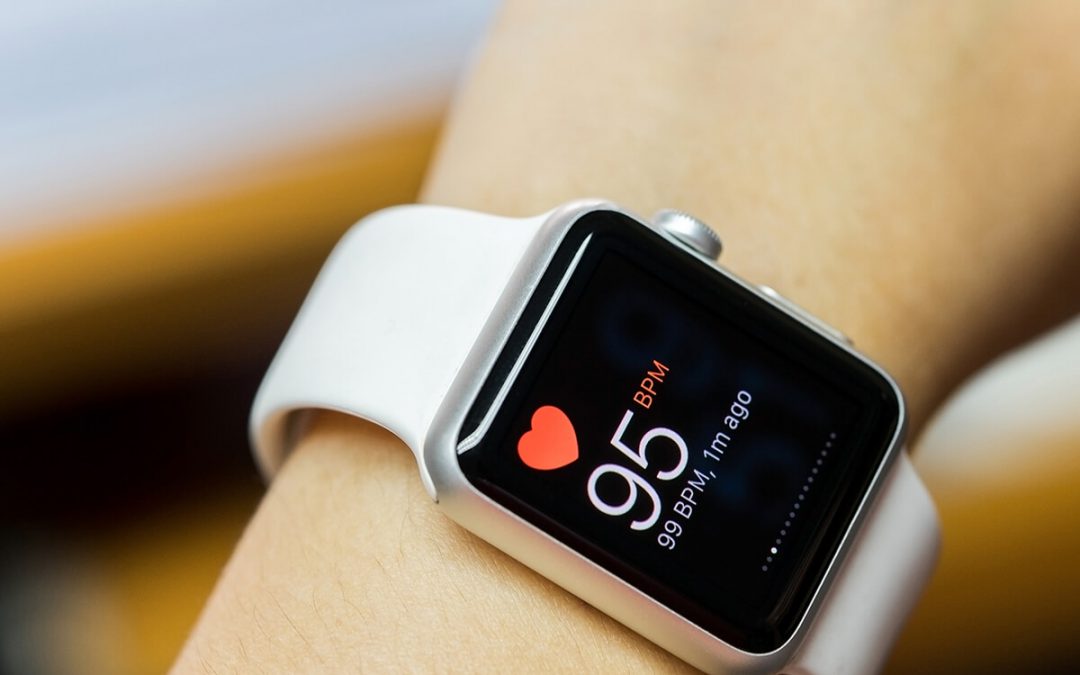The fat-burning zone. We’ve all heard of it. And we might have also heard it’s a complete myth.
It is actually a scientifically recognised thing. When exercising in this zone, your body uses fat as its primary source of fuel.
But, that doesn’t mean it’s the secret to losing weight. Or that it brings with it many benefits that other exercise zones don’t.
So, what does it mean then? Let’s unpack the complex issue of the fat-burning zone.
How does the body store and burn fat?
Your body needs energy to move. It gets this energy from the food you eat. The way the body stores and uses energy is a complex network of processes. But, to understand the fat-burning zone, it helps to get to grips with the basics.
Food can be categorised by its primary macronutrient. Protein, carbs, fat. For this topic, we’re focusing on carbs and fats.
Carbohydrates are easily converted to glycogen and stored in your muscles. It’s your body’s preferred source of immediate energy. You either burn it immediately or store it in your ‘glycogen stores’ for easy access.
Fat is stored in the muscles too. Excess fat is stored around your body. It can also be converted to use as fuel for exercise, but this takes longer. You can’t access it as quickly as carbs. Your body is continually storing, converting, and storing fat again to use as and when it needs it.
Your body’s glycogen stores are limited, whereas your body’s fat stores are plentiful. When exercising at high intensities, your body will use up all its readily available glycogen. If you’re exercising at lower intensities or running out of glycogen, your body will use converted fat as a fuel source instead.

What is the fat-burning zone?
The higher the intensity of your exercise, the higher your heart rate.
Heart rate zones are defined by the % of your maximum heart rate (MHR). When exercising, this can range between 50% and 100% of your maximum heart rate.
The fat-burning zone is defined as working at 60-65% of your MHR. That’s one of the lowest intensity exercise zones. Your body burns fat when you’re exercising at lower intensities because it has the time and capacity to convert your stored fat into fuel. When you’re working at higher intensities, it doesn’t have time to convert fat so relies on the carbohydrates you have available.
The fat-burning zone doesn’t mean you burn more fat and lose more weight when you exercise within this heart range. Remember, the more intense the exercise, the more calories you will burn in the same duration.
What it means is this:
In the fat-burning zone, the ratio of fat to carbohydrate usage is larger than other zones. Aka, as a percentage split, you’ll use more of your fat stores than your glycogen stores.
That has little to do with overall weight loss.

How does the body lose weight?
Fats. Carbs. Calories. Complicated. Here’s all you need to know:
Your body loses weight when you burn more calories than you consume for a sustained amount of time.
If you continue to live within a calorie deficit, where the number of calories you burn per day is larger than the number of calories you eat per day, you will lose weight. It doesn’t matter what you eat, what exercise zone you work in, or what you do. Weight loss is caused exclusively by a calorie deficit.
So, does exercising in the fat-burning zone result in weight loss?
If by exercising in this fat-burning zone you end every day in a calorie deficit, then yes. If you don’t, then no.
Firstly, calories are burned in all forms of exercise. More calories are burned during more intense exercise. In the fat-burning zone, your body just prioritises a particular energy source during that time.
Secondly, your body is constantly storing and converting fat. Throughout every single second of the day. Back and forth. After you eat, your body starts to convert and store fat. As you move, your body starts to convert fat into energy.
If you don’t use up the energy you put into your body, and continue not to use it up; your body will store it as excess fat. The amount it’s converting into energy isn’t as big as the amount it’s storing on the body, so you gain weight.
What are some better tips for losing weight?
Don’t focus on the fat burning zone as an approach to weight loss. Your efforts are much better applied elsewhere. Instead, focus on:
Moving more every day
The general exercise and movement you do every day will lead to the largest contribution of energy burn that you can control. That’s why doing 10,000 steps is such a hot topic in fitness at the movement. The more you move, the more calories you use.
Eat a balanced diet and moderate your intake
Keep an eye on the calorie count of certain foods. Even if they are marketed as the healthiest food in the whole world, if it’s high in calories, you’ll gain weight if you don’t count how much it contributes to your daily total.
High in nutrients doesn’t mean low in calories. It’s still important to count. For example, olive oil, nuts, beans, pulses, avocados, and cheese all have huge health benefits, and they are packed with nutrients. But they are also very high in calories. Make room for them in your diet, but don’t forget about their calorie contribution.
Form healthy and enjoyable habits
Something that cannot be stressed enough is the importance of sustainable habits. Being overly restrictive in your diet and overly ambitious on the exercise might seem like a great idea at the start, but it’s near impossible to maintain. The body needs enough nutrients, and it needs rest.
By overdoing it at first, you’ll have a detrimental impact on your progress in the long run. Focus on forming healthy and enjoyable habits that you can make a part of your lifestyle. Otherwise, you end up yo-yo dieting. The ugly truth that applies to everyone is: a diet that is too strict will always end up failing. The result is weight gain above where you started.
So, it helps to understand what the fat-burning zone is. But, for weight loss, prioritise healthy and sustainable habits that contribute towards a calorie deficit. Oh, and if you’re not interested in losing weight, just focus on feeling good through exercise. That’s always the most important thing.



